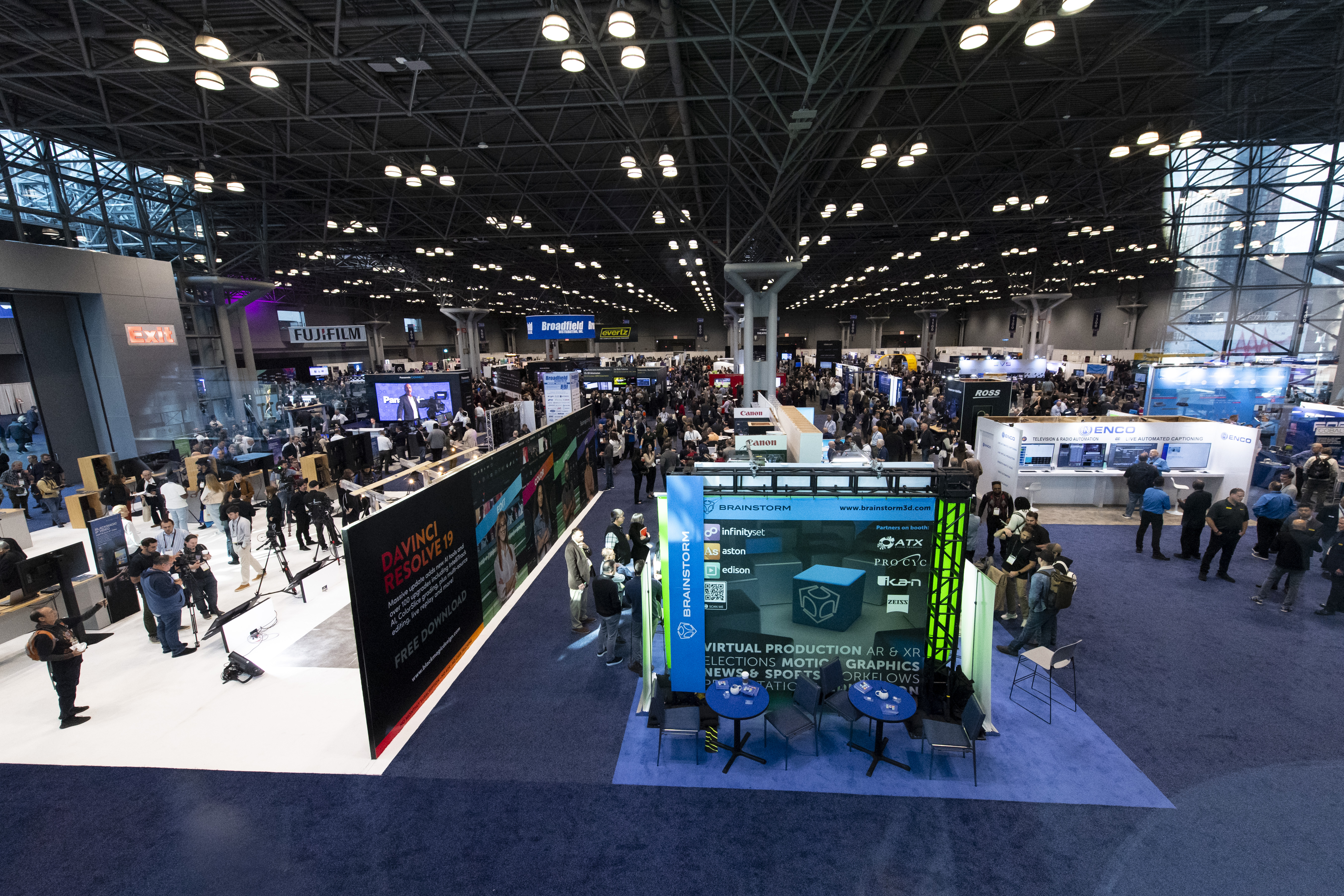Media Access Project to take Comcast/AT&T Merger to court
The Media Access Project (MAP), a Washington, D.C. based public interest telecommunications law firm, is preparing to file a lawsuit to challenge the FCC's decision to approve Comcast’s acquisition of AT&T’s cable television systems. The appeal will be filed in federal court on behalf of the Consumers Union, the Consumer Federation of America and the Center for Digital Democracy.
The merger of the largest and third largest cable companies will exacerbate its monopoly power and permit them to increase cable TV rates while decreasing diversity of program offerings, said Cheryl Leanza, MAP’s deputy director. “The FCC’s own data shows that regional ‘clustering’ permitted by this decision leads to increased prices and gives the company greater power to reject popular programming choices,” she said.
In the meantime, Jeffrey Chester, executive director of the Center for Digital Democracy, last week wrote in an op-ed article that the FCC decision “struck another blow against the public interest” with its approval of the merger.
Chester predicted that Comcast's $47.5 billion buyout of AT&T will spawn a new industry giant that will be able to exert unprecedented control of both the cable TV and broadband Internet sectors, with a virtual monopoly on costs, content and service options for millions of Americans.
“With more than 30 percent of the domestic cable TV marketplace, and a stranglehold on an equally large portion of the broadband Internet, the new media conglomerate will have the clout to shape the emerging multichannel, digital TV and broadband marketplace—because, under the FCC-approved deal, there is little recourse for consumers to get their cable or Internet service from competing providers,” Chester said.
“Also on the FCC agenda is a worrisome Internet service provider agreement with AOL Time Warner that has implications for the future character of the net for exactly the same reasons—the public will have to face fewer choices in selecting media sources,” Chester said.
Visit the Media Access Project at: www.mediaaccess.org. The Center for Digital Democracy is at www.democraticmedia.org.
The professional video industry's #1 source for news, trends and product and tech information. Sign up below.
